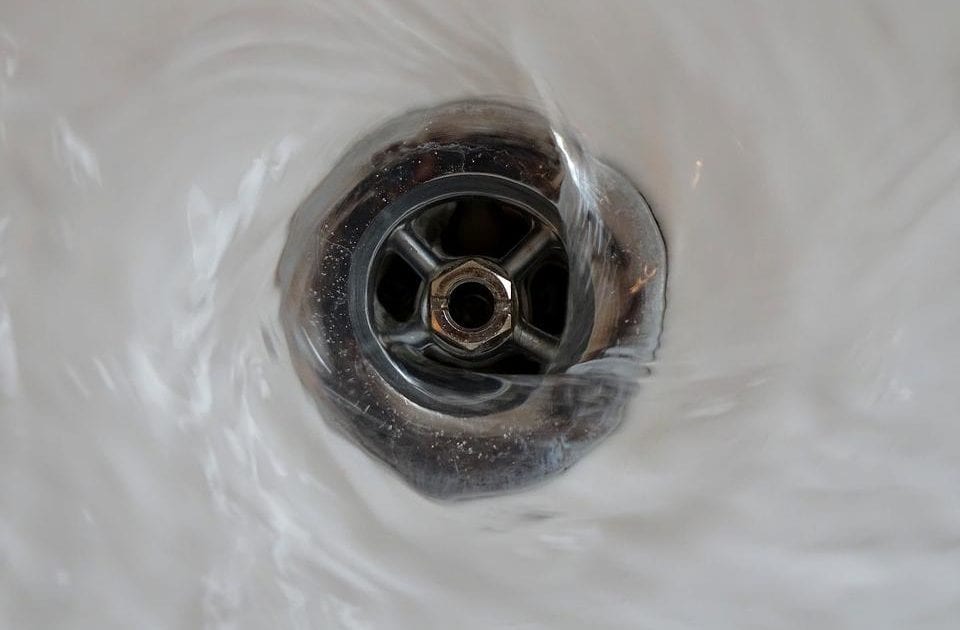
Prevention is better than a cure. Although this saying is most often applied to the medical world, it still rings true when it comes to your home and clogged drains. It’s much better to prevent a clog from happening – and doing so is easier than it sounds.
Before you can start preventing clogs from happening, it’s important to know what causes blocked drains. These are some of the most common sources of clogged drains, as well as a quick tip on how to prevent a clog from happening:
Hair (Human or Otherwise)
We lose 50 to 100 strands of hair every day, and a large number of that actually works its way into your drains as you shower. Even more hair can get caught if you have pets around your home. Unfortunately, hair has a tendency to stick to each other and ball up inside your drains. Over time, this clump of hair can easily trap other types of debris and create a significant clog.
It’s generally a good idea to try and clean your drains of potential hair clogs regularly. When possible, stick to manually removing hair with the help of a long wire. Bend the wire at one end to help you fish out the clog. Avoid using chemical hair dissolvers when possible as the harsh chemical composition may damage your pipes.
Flushing Inappropriate Items
It’s really easy to take an “out of sight, out of mind” mentality when it comes to flushing items down your toilet. However, toilets are only really designed to handle human waste and toilet paper. Any other items that are flushed down will lead a clog to develop. This even includes “flushable wipes”, which are a main cause for clogs in sewer lines in cities throughout Australia.
This one is simple. If it isn’t human waste or toilet paper, it should never be flushed down the toilet. Some of the items that you should avoid flushing include:
- Cotton balls
- Sanitary pads
- Condoms
- Dental floss
- Diapers
- Cigarette butts
Food Waste
Not everyone has a completely clean plate after eating. Unfortunately, the food debris on our plates can easily enter our drains as you wash dishes. The debris then collects and hardens, creating clogs. In fact, this is one of the most common causes of clogged drains in many homes. Similarly, food debris trapped in your drains can also attract unwanted pests like cockroaches.
One of the easiest ways to prevent this is to scrape food debris from your plates into a separate container before you start washing your dishes. Alternatively, you may want to invest in a fine wire mesh sink strainer to help stop food debris from entering your drain. This allows you to dispose of food waste quickly.
Oil and Grease
Oil and grease have one incredibly problematic characteristic: it hardens when it is cooled. The colder temperatures inside your drains can cause oil and grease from your cookware to coagulate and harden. This gives new oil and grease introduced a place to collect, coagulate, harden, and start the process all over again. This is one of the reasons why oil and grease are two of the most common causes of blocked drains. If you’re the type to pour oil straight into your drain, you’ll inevitably have an issue with blockage.
The simplest solution to this problem is to pour any oil from pots and pans into a glass jar for proper disposal. Additionally, make sure to pour boiling water down your sink to prevent giving oil and grease enough time to coagulate.
Mineral Buildup
Most homes in Australia will have what is known as hard water, water that still has trace amounts of minerals. These metals do not pose any danger to your health, but it can cause trouble with your plumbing. Trace metals may collect around your drains and harden, constricting the flow of water. If given enough time, a clog made of mineral build up is possible. In other cases, the narrow space created will trap debris that causes clogging.
The best way to solve this issue is to have a plumber install an appropriate water filtration system in your home. These systems can help filter out the trace minerals found in hard water.
Call a Plumbing Service if You Have a Clogged Drain
Clogged drains are no small problem. If left ignored for too long, a clogged drain may lead to sewage backing up into your home, posing a health risk to you and your family. With that in mind, do your best to follow the tips above to prevent significant clogs from developing. In the event that you do notice the telltale signs of a clogged drain, make sure you call a plumbing service, like FIXME Plumbing, to clear the clog for you.

